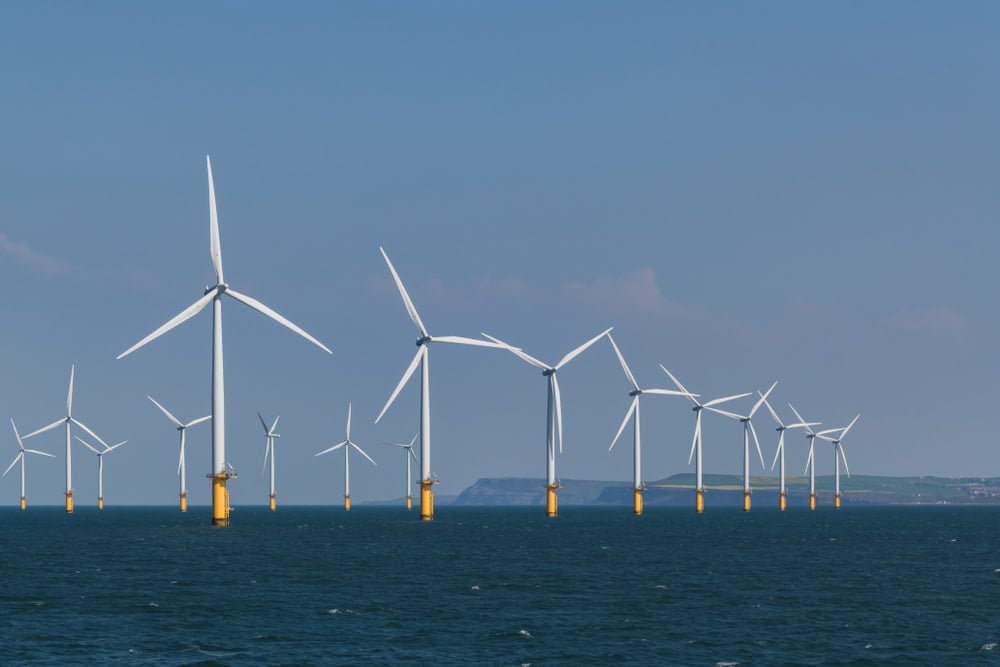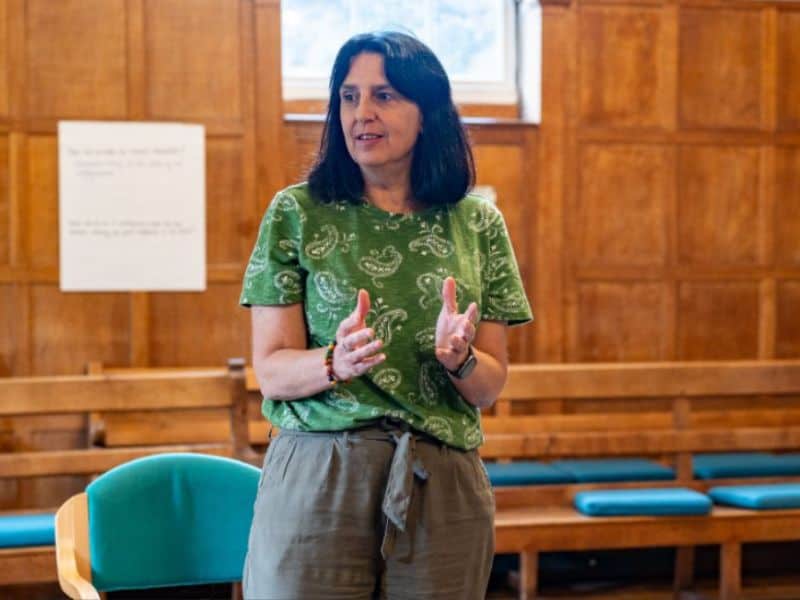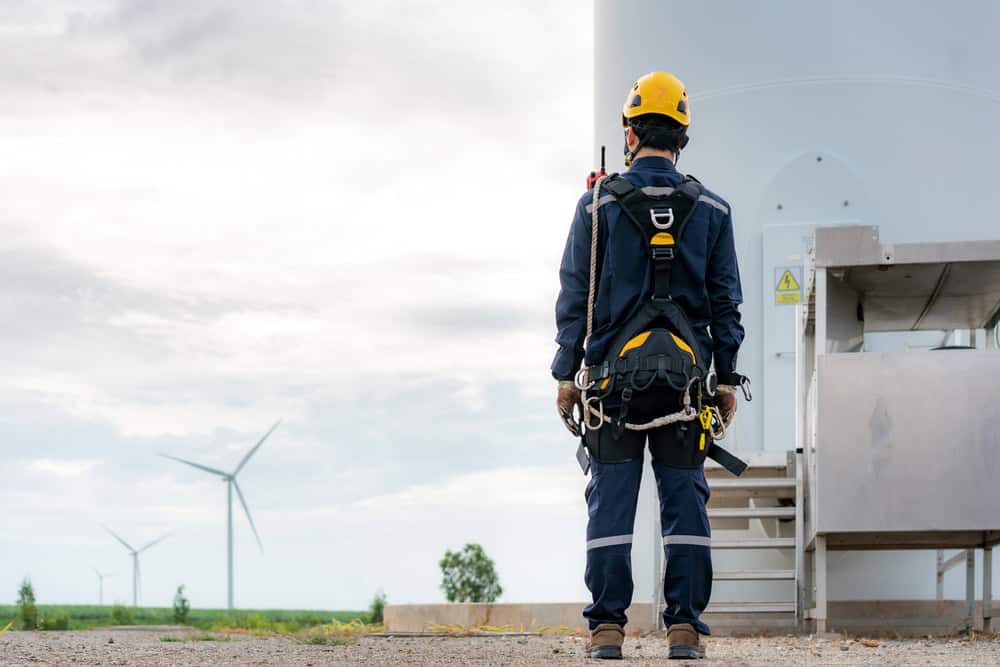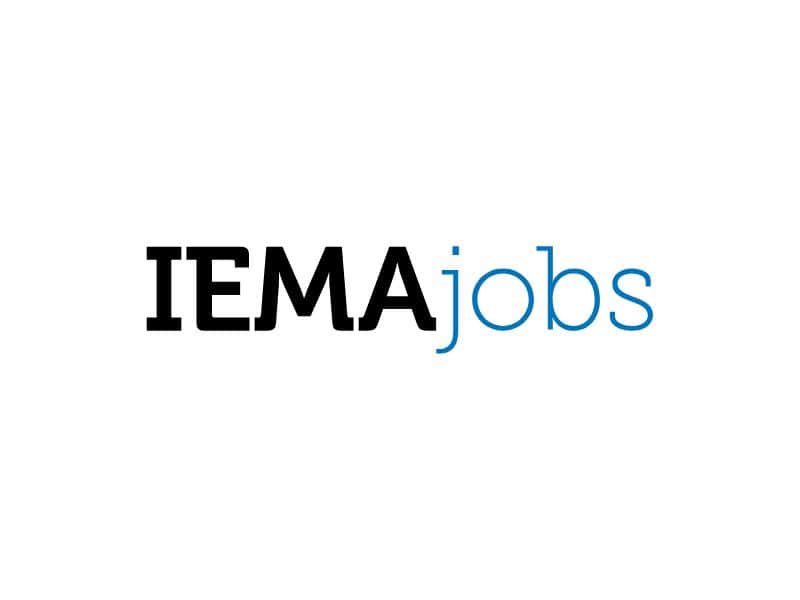Thinking of making your first sustainability or ESG hire? This blog by Dave Carter looks at how to plan, hire, and see them thrive.
For many businesses, making their first sustainability or ESG hire is an exciting and pivotal moment.
It marks a shift from shared responsibilities—or no dedicated capacity—to having someone own the agenda. However, while this step is energising, it’s often more challenging than anticipated.
As with any ‘first,’ it’s not always clear what you’re hiring for, what good looks like, or the skills and experience your hire needs. Equally, it can be unclear what they’ll expect from the business or how to manage their performance effectively.
Having guided numerous businesses through these challenges, I’ve seen how getting this hire right sets the foundation for long-term success—and how getting it wrong can lead to frustration and stalled progress. If you’re preparing to make your first hire or expand your team, here’s how to get it right.
Understand what you’re really hiring for
Sustainability is often misunderstood as a purely technical or environmental role. While data collection, reporting, and project management are part of the job, your first hire will likely need to be a pragmatic generalist, not a technical specialist.
Great operators in sustainability hone their skills through experience, so you’re unlikely to find this at a junior or mid-level. As a sole contributor, they’ll need to operate independently, collaborate across teams, speak the commercial language of the business, and command authority. Without these skills, they’ll struggle to make an impact or require significant oversight.
Coordinator, not doer
A common misconception is that your new hire will handle all the legwork. Given the breadth of sustainability, if they’re expected to collect data, manage projects, and drive initiatives single-handedly, they’ll quickly become overwhelmed.
In a team-of-one scenario, success looks like effective coordination and being a catalyst for change, not hands-on execution. They’ll oversee KPIs, manage projects, problem-solve when challenges arise, and drive progress. For example, your operations team might lead on energy efficiency, while procurement focuses on sustainable sourcing. Your sustainability hire will coordinate these efforts, ensuring alignment with your overall strategy and effective implementation. This distinction is crucial until the team expands and has the capacity to take on more delivery.
Agency and authority are essential
Sustainability leaders need agency to drive change. This means they must either have the explicit backing of senior leadership or be part of the senior leadership team themselves. Without this authority, they’ll struggle to influence decision-making or gain buy-in from other departments.
Sustainability is inherently cross-functional, touching every part of the business. Your hire will need to work seamlessly across teams, breaking down silos and fostering collaboration. If they’re constantly hitting roadblocks or struggling to be heard, progress—and morale—will quickly falter.
The right tools for the job
For businesses starting their sustainability journey, it’s understandable that the right tools may not yet be in place. While Excel spreadsheets can serve as a stopgap, effective systems are imperative for long-term success.
Your hire will need access to tools that automate data collection, project management, and process building. This could include sustainability software for tracking carbon emissions, project management platforms for coordinating initiatives, or dashboards for visualising progress. Investing in the right tools early on will save time, reduce frustration, and set your hire up for success.
Pragmatism over perfection
When hiring in the ESG space, it’s easy to get caught up in finding someone with impeccable technical credentials or deep expertise in environmental science. But for your first hire, a pragmatist is infinitely more valuable than an evangelist.
You need a generalist who can get things done, understands the commercial realities of your business, and can communicate the value of sustainability in terms that resonate with leadership. They should balance the ‘why’ (why sustainability matters for the planet) with the ‘how’ (how it can drive cost savings, reduce risk, or create new opportunities).

Is a full-time hire the right choice?
Before committing to a full-time hire, consider whether fractional or external support might be a better option. For smaller businesses or those just starting their sustainability journey, fractional support can provide access to senior expertise without the cost of a full-time salary. It’s also a great way to test the waters, build a strategy, and identify the skills you need before making a permanent hire.
That said, if you’re serious about embedding sustainability into your business, a full-time hire will eventually be necessary. They’ll provide the continuity, focus, and internal relationships needed to drive long-term change.
Salary Expectations
Salaries for sustainability professionals vary widely depending on experience, location, and the scope of the role. In the UK, entry-level roles typically start around £26,500, mid-level roles range from £31,000 to £75,000, and senior leadership operators can command £72,000 or more.
While it can be tempting to opt for a cheaper hire, remember that unless the role is narrowly focused on data, it will be heavily strategic. Investing in the right person early on will pay dividends long-term.
Setting your hire up for success
- Once you’ve made the hire, your job isn’t over. To help them thrive:
- Set clear expectations: Define what success looks like in the short, medium, and long term.
- Assign ESG responsibility to a C-Suite director: Ensure sustainability is a priority at the highest level.
- Provide support: As a sole contributor, an external mentor can be invaluable, alongside access to professional development opportunities.
- Celebrate wins: Sustainability is a marathon, not a sprint. Recognise and celebrate progress to maintain momentum.
- Foster a culture of sustainability: Sustainability sits across the business, not within one team. Every team must take ownership and drive change.
Final thoughts
Making your first sustainability hire is an exciting step towards driving meaningful progress. By understanding the role, providing the right tools and support, and hiring for pragmatism over perfection, you’ll set your hire—and your business—up for success.
Author: Dave Carter is a former McKinsey Strategy Manager who now works as a Consultant helping business tackle their ESG and sustainability challenges. With nearly 15 years of experience driving strategic change and value creation, he supports sustainability teams to maximise their impact, or, if there’s no dedicated team, he helps businesses to optimise their sustainability outlook and get the ball rolling on green matters.
Image credits: Shutterstock
Related articles

Transferable skills: essential sustainability competencies to master

Five trends shaping sustainability in 2025

